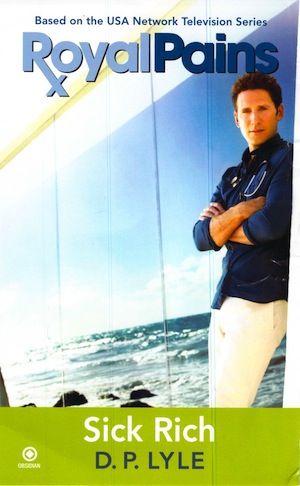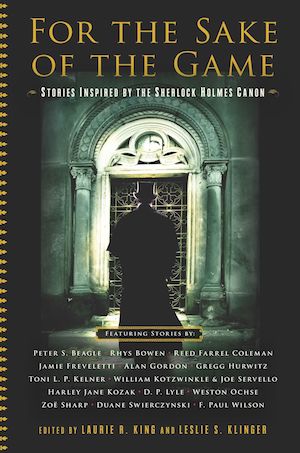One of the most important determinations that the medical examiner must make in any death investigation is the Time Of Death (TOD). This alone might help solve a homicide. Who had the motive, means, and opportunity? The time of death relates to the opportunity. If the death occurred while the primary suspect was in another state or had a solid alibi, then he moves down the suspect list. On the other hand, if the TOD was determined to be a time frame where he was in the neighborhood, then he remains a viable suspect.
The ME uses many techniques to help estimate the TOD. Check out this ARTICLE for a brief overview of these techniques. One of the methods he employs is the degree of decay that has occurred. He must take into account the environmental conditions near the corpse and then must make a best estimate as to how fast the decomposition process would have advanced under those conditions. This is always a best guess, as is the case with each of the techniques he employs.
When a corpse decays it undergoes a chemical decomposition and this process releases many volatile organic compounds (VOCs) into the surrounding air. These compounds are at least partially responsible for the odor of decay and they tend to be released in a predictable pattern as the decay process progresses. What if these VOCs could be sampled and used as a more scientific method for determining the Post Mortem Interval (PMI)? That is, the time since death.
Research is currently underway to assess this technique. Using the combination of gas chromatography and mass spectrometry (GC/MS), researchers have found that these volatile chemicals can be trapped and analyzed. Hopefully this technique will prove to be useful in narrowing down the TOD. We’ll see.


























Cheryl B. Dale
July 15, 2014 at 4:00 pm
Interesting!
LikeLike
Marilynn Byerly
July 15, 2014 at 4:58 pm
Always fascinating stuff. Thanks.
My dad worked with a volunteer rescue squad in the early Fifties. He told me that he could tell the difference between a rotting human body and an animal body from the odor. Is that true?
LikeLike
D.P. Lyle, MD
July 15, 2014 at 5:06 pm
Maybe so. Corpse decay begins from the bacteria in the GI tract and different species eat different diets so would have different food materials and some variation in bacteria types inside—so there probably is some difference in the gases of decay produced. And I suspect their are people who can detect the difference. Probably not in all cases but in many.
LikeLike
Wally Lind
July 15, 2014 at 8:43 pm
I always thought dead humans had a mustier smell, but maybe that’s because most of them were indoors, and most of the animals were outdoors (and dried out more).
LikeLike
D.P. Lyle, MD
July 16, 2014 at 4:23 am
That’s possible too.
LikeLike